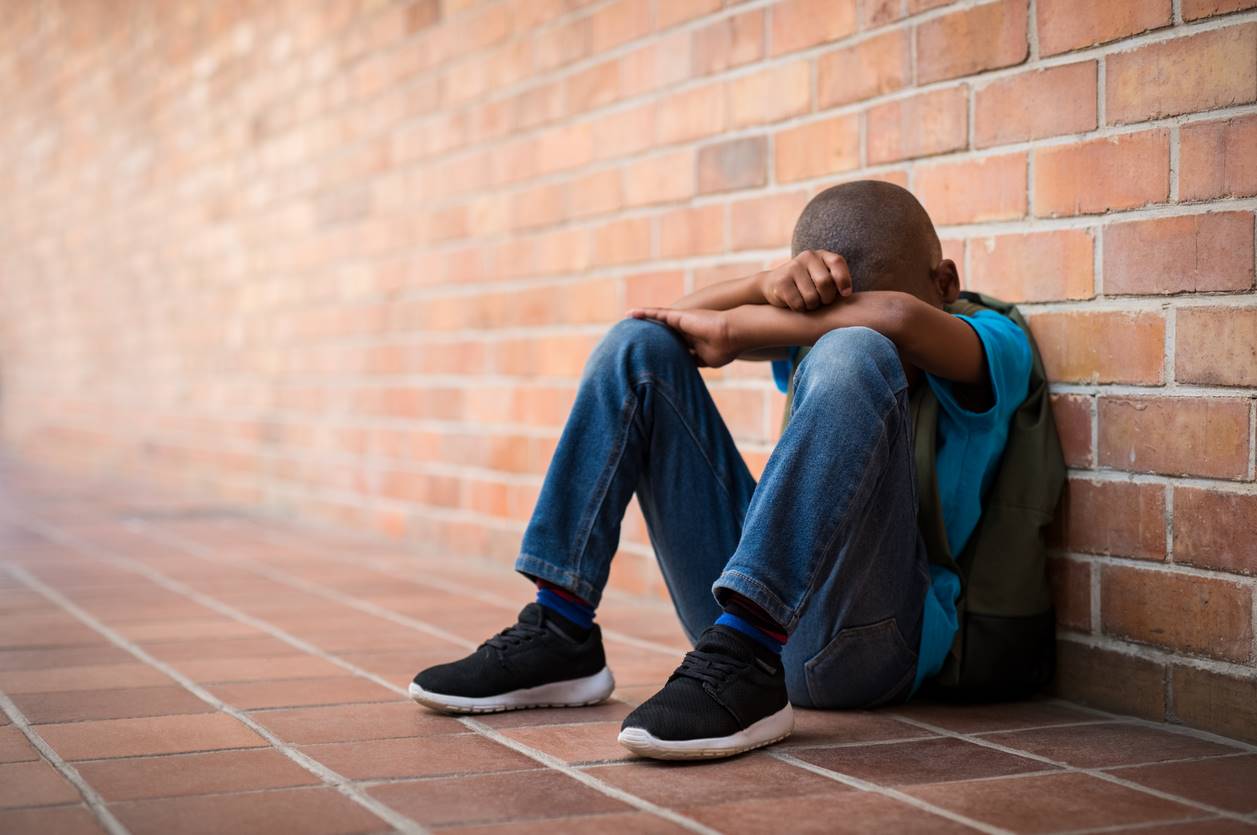
Renewed calls were made this week for policy certainty on undocumented children in South African schools as intimidation against them and school principals continues.
Advocacy officer at the Scalabrini Institute for Human Mobility in Africa, Sindi Moyo, said the situation was getting more difficult for these pupils. She said the institute had received reports of at least three principals who were fined by the department of home affairs for allowing undocumented pupils into schools.
“We need urgent solutions and we need to move fast because the numbers are growing.”
Yet the department of home affairs remained unmoved.
Departmental spokesperson Thabo Mokgola told Parlybeat: “You cannot use emotion when applying the law. The law is the law and it states that every foreign national in the country must be documented.”
The Catholic Parliamentary Liaison Office recently held a roundtable discussion on the challenges undocumented children face in schools.
The roundtable discussion followed the conclusion of the public participation process for the proposed Draft Regulations on the Registration of Births and Deaths Act in November last year. If approved these regulations would mean that undocumented children would no longer be issued with a birth certificate but instead would receive a confirmation of birth document that was not considered a legal document.
Some civil society organisations feared this would exacerbate the vulnerability of these children, given existing challenges with their status.
Director of legal services in the department of home affairs, Advocate Tsietsi Sebelemetia, told Parlybeat the public comments were still being considered. He also explained the legislative process would resume in the sixth Parliament because regulations were secondary legislation and did not lapse like bills when Parliament rises.
The organisation Lawyers for Human Rights, in its submission on the draft regulations, said issuing a confirmation of birth document violated the Constitution and aimed to exclude these children.
Moyo, however, believed that the regulations did not address broader systemic issues. Currently, the birth of a child born to foreign nationals could only be registered if the parents were legally documented.
“The department wants to punish undocumented parents but they’re actually just punishing the children.”
Moyo also referred to systemic challenges that made it difficult for parents to get legal documents. She singled out the closure of some refugee reception offices that resulted in major backlogs.
There was a lack of understanding of how these people acquire documents and the challenges they face in doing so, she said.
“So, we need more awareness and engagement between school governing bodies, the departments of education and home affairs. Even saying that schools should provisionally enrol these learners pending the application process, is problematic. It often takes much longer than three months to get documents.”
Challenges also remained for undocumented foster children born to foreign nationals and who were wards of the state.
Giulia Treves is the manager at Lawrence House, a residential facility for children in need of protection. She said there was also the issue of these foster children turning 18 before matric.
“It becomes very complicated because at age 18 the child is not a ward of the state anymore.”
Treves said she found it difficult to understand how the government could take responsibility for a child for years and then just put them out on the street.
Yet, according to Mokgola, a child who was illegally in the country must be treated in terms of the law. “The onus is on the parents or caregivers to make sure they are in the country legally so that the child can be documented.”
He also insisted that the department’s systems were working as they should.
Spokesperson for the department of basic education, Elijah Mhlanga, said he was not aware of cases of intimidation, but it was possible that these cases were reported to provincial departments.
Mhlanga said every pupil needed a birth certificate or identity document to be admitted to schools.
“It is highly irregular and, in fact, irresponsible of anybody to allow a child to stay in school without an identity document because without it children are deprived of services,” he said.
“The insistence on access to education is noble but doing so without ensuring that the child is properly accounted for in the records is wrong.”
Meanwhile the Human Rights Commission expressed concern that pupils continue to be turned away from schools.
Commissioner Andre Gaum reiterated that the right to basic education, as a core obligation, was in no way conditional on legal status or documentation for the purpose of identification.
“Schools should not be used as a mechanism for immigration control, and education – as a fundamental right – cannot be withheld in order to ensure compliance with laws such as the Birth and Deaths Registration Act and the National Admissions Policy.”
• This article originally appeared on ParlyBeat, a biweekly digital newsletter aimed at linking policy and oversight processes in Parliament to the lived realities of ordinary people. Follow ParlyBeat on Twitter.




 Publications
Publications
 Partners
Partners








